Few Say They Will Miss Today’s Income Tax Deadline
Pushing today’s Tax Day deadline back three days compared to the April 15 of years past hasn’t made a difference as far as taxpayers are concerned.
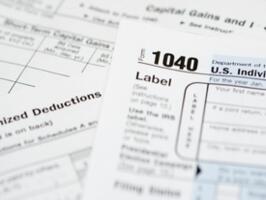
Pushing today’s Tax Day deadline back three days compared to the April 15 of years past hasn’t made a difference as far as taxpayers are concerned.
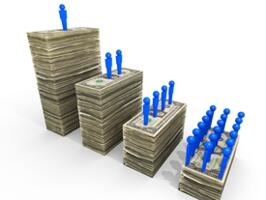
With this year's Tax Day coming on Monday, Americans remain more convinced than ever that the middle class is shouldering more of the tax burden than the wealthy.

More hybrid vehicles - part traditional gasoline-powered engine, part electric engine - seem to be on the roads these days, but Americans aren't expressing any increased willingness to buy one.
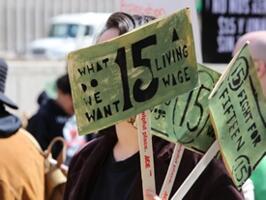
New York and California recently passed bills that will gradually raise the state minimum wage to $15 an hour, and several other states are considering similar legislation. Most Americans want their state’s hourly minimum wage to be above the federal level of $7.25, but they aren’t quite willing to go as high as $15.

Most Americans continue to question the U.S. tax system and feel they are paying more than their fair share in income taxes.
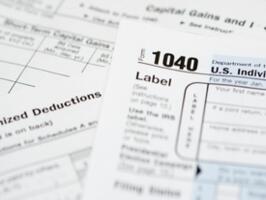
Americans appear to be on a tear to pay their income taxes this year.
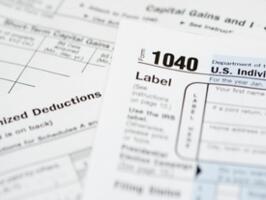
Most voters believe Americans are overtaxed, but don’t expect any relief anytime soon.
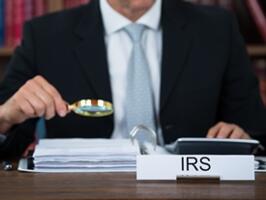
Americans don't trust the IRS, but they're less worried this year about being audited by the feds.
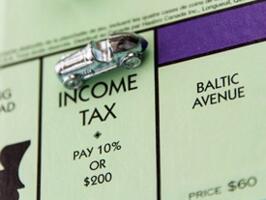
With the April 18 deadline still nearly two months away, Americans are more confident they’ll file their taxes on time.

Most Americans still know someone searching for a job, but it’s at an all-time low.
A new Rasmussen Reports national telephone survey finds that 63% of American Adults know someone who is out of work and looking for a job, but that’s the lowest finding since regular Rasmussen Reports surveying began in 2010.
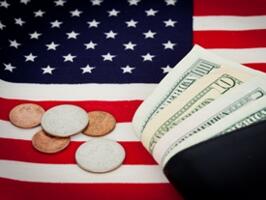
Many continue to complain about the growing difference in income between rich and poor in America and want the government to do something about it. But voters still think that’s a bad idea.

While online security breaches are a regular occurrence, most Americans continue to trust their banking to the Internet.
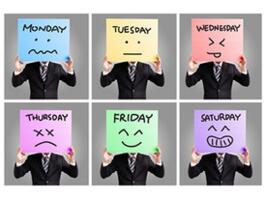
Most working Americans still get major holidays off, especially if they work for the government.

More than a third of Americans say they are in worse financial shape than they were last year at this time, and most of them expect to be even worse off 12 months from now.

A sizable majority of Americans are again using the Internet to finish their holiday shopping this year.

Americans continue to shop at a record pace this holiday season.

Americans are either in a bigger spending mood this holiday season or just more eager to get their shopping done. The number who say they have begun their seasonal shopping has jumped to a record level following the Black Friday sales.

Americans are more convinced that their local housing market is good for sellers, although homeowners’ expectations for their own home values have stayed about the same.
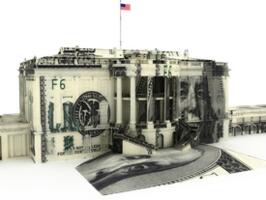
The United States remains by far the world’s largest debtor nation and is currently running a budget deficit of nearly $129 billion. Congress late last week approved a controversial bipartisan plan that allows the government to borrow even more. Voters want less government, but as far as they’re concerned, their elected representatives refuse to listen.